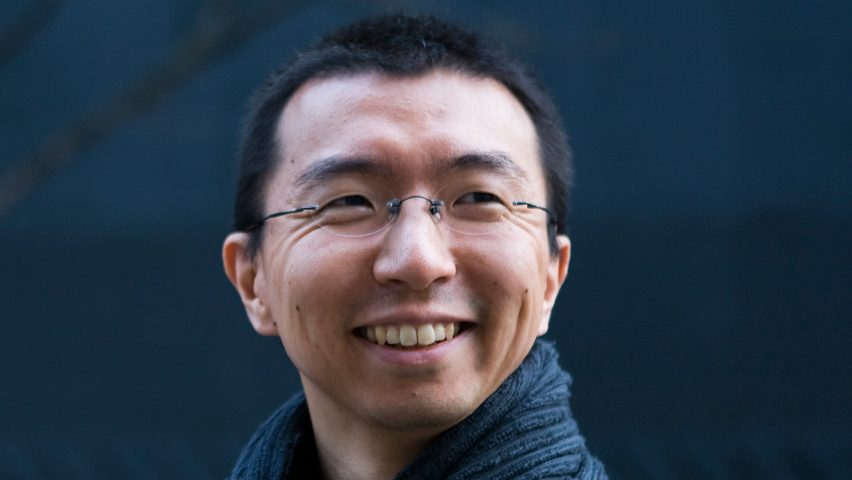
Sou Fujimoto Architects ends internships in its Tokyo studio
Sou Fujimoto Architects has stopped using interns in its Tokyo office, amid an ongoing row about unpaid internships in architecture studios.
The studio said the decision was taken for management reasons and was "not related" to the recent controversy.
"In the Tokyo office we do not have interns," said Ako Nikaido, press spokesperson for Sou Fujimoto Architects.
"We made this decision after comprehensively considering the quality and efficiency of our office management," Nikaido told Dezeen. "It was just one of the decisions in the process of improving the internal office operation, and it's not related to the recent intern debate."
Unpaid internships in the spotlight
The move comes amid ongoing international discussion about the use of unpaid interns in architecture.
The topic hit the headlines last month when Junya Ishigami and Associates, the Japanese studio designing the 2019 pavilion for the Serpentine Gallery came under fire for not paying its interns.
The gallery subsequently ordered Ishigami to make sure every employee that worked on the project was paid.
Elemental, the Chilean architecture studio founded by Pritzker Prize-winner Alejandro Aravena, cancelled its unpaid internship programme after becoming embroiled in the controversy.
Fujimoto previously praised unpaid internships
Fujimoto, who designed the Serpentine pavilion in 2013, had previously been open about his use of unpaid interns.
Speaking to Dezeen at the opening of the pavilion he said his practice employed "many" unpaid architecture students in a process that was a "nice opportunity" for both intern and employer.
"In Japan we don’t yet have much discussion as to whether it is good or bad," said Fujimoto, who is a judge on this year's Dezeen Awards.
But the architect's eponymous practice, which he founded in 2000, said it now no longer employs any interns in Japan. It said the move was part of a process of streamlining the Tokyo office.
"In recent years, in order to improve the quality of office operations, we have variously examined the quality and efficiency of work, the size and communication of teams, the balance of resources and technologies for projects, and have been discussing in the office," Nikaido said.
"Not having interns was one of the results of comprehensive discussions in order to improve the quality of the project and office operation."
Fujimoto pays interns in France
Sou Fujimoto Architects also has an office in France, where its interns are paid. "In the Paris office we have six interns and they are paid according to French laws," said Nikaido.
The law in France stipulates that companies are required to pay trainees employed for two months or more a minimum hourly gratuity, payable from the start of their employment.
In Japan however, architecture studios often have students work for them for free as part of the "open desk" tradition.
Unpaid roles common in Japan
Architects and designers in Japan defended the practice last month. "It is a strong part of the social fabric and something that helps keep Japan running so smoothly," Nicholas Raistrick, founder and creative director at LABtokyo, told Dezeen. "Without unpaid interns many small practices would cease to function."
American designer Karim Rashid also spoke out to defend unpaid internships. He argued that a few months of unpaid work was more beneficial for students than paying expensive tuition fees to learn in schools.
Main image is by David Vintiner.